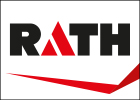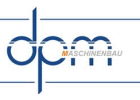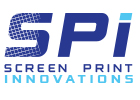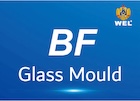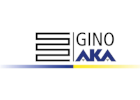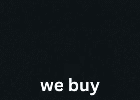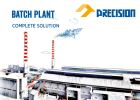Federal Ministry of Economics promotes innovative technological change
EUR 14.8 million for a pilot plant in Bavaria
Melting tank to produce low-CO2 pharmaceutical glass with electricity
Up to 80 percent reduction in CO2 emissions possible
Back in the fall of 2020, the specialty glass manufacturer SCHOTT announced its intention to become climate neutral in its production by 2030 (Scope 1 & 2 GHG Protocol). Technological change plays an important role in a four-part action plan. The company has now received funding of around EUR 14.8 million for the construction of its first large-scale industrial pilot plant. In this pioneering project, pharmaceutical glass is to be manufactured largely without causing greenhouse gas emissions. The pilot plant represents a technological milestone for the specialty glass industry.
The glass industry is one of the most energy-intensive industrial sectors in Germany. High CO2 emissions are generated during production. The largest share of the energy requirement is generated in the melting process. The glass raw materials are melted in refractory furnaces at temperatures of up to 1,700 degrees Celsius. Glass melting is a highly complex process. The development of new technologies is therefore associated with major challenges.
The technology Group SCHOTT is taking on this task and wants to gradually decarbonize its energy-intensive processes. Here, the company is researching innovative ways to melt glass using green electricity and green hydrogen.
Pioneering work for the entire glass industry
The Group is now demonstrating the technical feasibility of low-CO2 manufacturing of specialty glass for the pharmaceutical industry by setting up a pilot plant on an industrial scale. Over the past two years, the experts at SCHOTT have been doing basic work in various research projects. Now, the company is taking the next step: The research results will be tested on an industrial scale in an innovative melting tank concept. This pilot is pioneering work for the specialty glass industry.
“Our technological transformation is a mammoth task. It requires a massive upheaval in glass production with, in some cases, groundbreaking innovations. We ourselves are investing heavily here to achieve our ambitious climate goal,” explained Dr. Frank Heinricht, Chairman of the Board of Management of SCHOTT AG. “Such feats of strength can only succeed with the help of government research funding. The approved funding helps us to develop such technical innovations in Germany.”
Pilot plant and multi-million investment in Mitterteich, Bavaria
Around EUR 40 million are being invested in the “PROSPECT Pilot” project for the construction and use of the new glass melting tank. It will be built in Mitterteich, Bavaria.
The project period is the next three years. The pilot plant will be powered primarily by green electricity. Greenhouse gas emissions will be reduced by about 80 percent compared to current technology.
“Climate protection is an enormous challenge for the energy-intensive glass industry. We are therefore pleased to be able to support it on its way to greenhouse gas neutrality with this pilot project. Ultimately, the goal is to electrify the processes as far as possible in order to concretely promote the abandonment of fossil energies. The entire glass industry will be decarbonized in the medium term with the help of this know-how,” said KEI Director Dr. Mario Hüttenhofer at the award ceremony.
The promotion of the climate-friendly process takes place as part of the “Decarbonization in Industry” program of the German Federal Ministry of Economics and Climate Protection (BMWK). The program is managed by the Competence Center for Energy Intensive Industry in Germany (KEI).
With this funding, the BMWK is supporting energy-intensive industry in permanently reducing process-related greenhouse gas emissions. The project is also financed by the European Union through the “NextGenerationEU” fund. The main contact for the “Decarbonization in Industry” program is the Competence Center for Climate Protection in Energy-Intensive Industries based in Cottbus (Brandenburg).
Background information: Four fields of action for climate-neutral production
SCHOTT wants to achieve the ambitious goal of climate neutrality with the help of an action plan consisting of four fields of action. In addition to technological change, these include the further improvement of energy efficiency, the switch to 100 percent green electricity and the compensation of remaining emissions.




